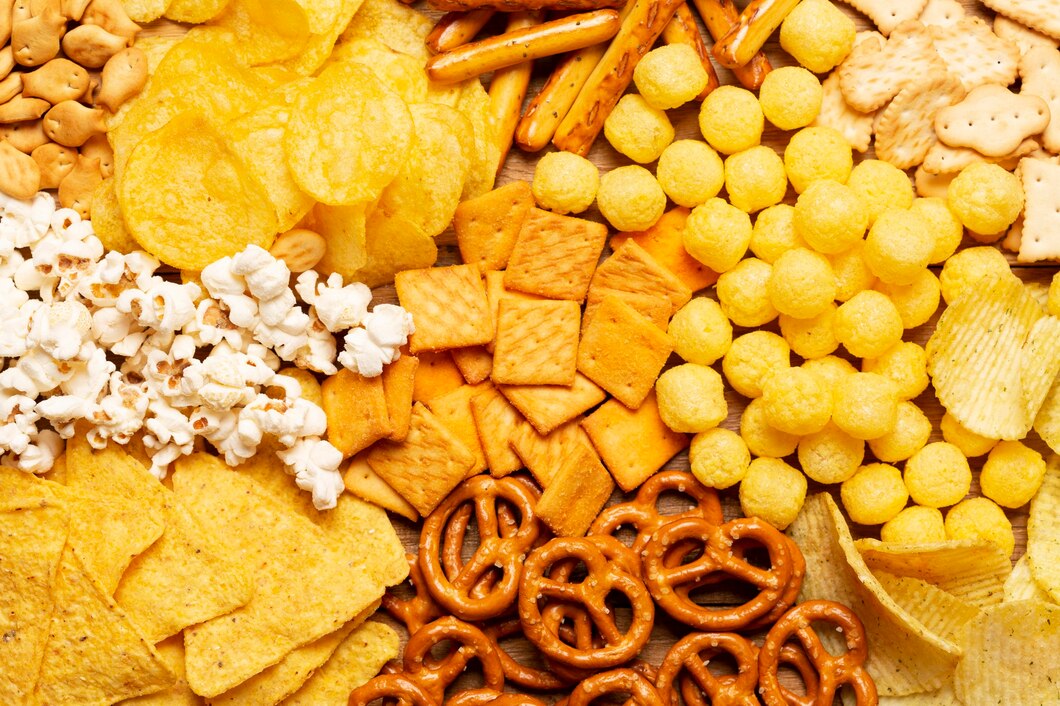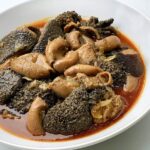Excessive sodium intake is linked to various health issues, including hypertension, heart disease, and stroke. For South Africans looking to adopt a low-sodium diet, it’s essential to be aware of foods high in sodium and find healthier alternatives. Here are 20 foods to avoid for a low-sodium diet:
1. Processed Meats
Processed meats like sausages, ham, and bacon are high in sodium due to the curing process. Opt for fresh, unprocessed meats instead.
2. Canned Soups
Canned soups often contain high levels of sodium for preservation and flavor. Choose low-sodium or homemade soup options.
3. Salted Snacks
Potato chips, pretzels, and salted nuts are packed with sodium. Select unsalted versions or healthier snacks like fresh fruits and vegetables.
4. Instant Noodles
Instant noodles contain high sodium levels in both the noodles and the seasoning packets. Prepare your noodles from scratch with fresh ingredients.
5. Cheese
Many types of cheese, particularly processed cheese, are high in sodium. Opt for low-sodium or fresh cheeses like mozzarella.
6. Bread and Baked Goods
Commercial bread and baked goods often contain added salt. Look for low-sodium options or bake your bread at home.
7. Pickles and Pickled Vegetables
Pickled products are high in sodium due to the brining process. Choose fresh or homemade pickled vegetables with reduced salt.
8. Condiments
Ketchup, soy sauce, and salad dressings can be high in sodium. Use these sparingly or seek out low-sodium alternatives.
9. Canned Vegetables
Canned vegetables are often preserved in salty brine. Opt for fresh or frozen vegetables, or rinse canned vegetables thoroughly before use.
10. Processed Sauces
Commercial pasta sauces and gravies can be high in sodium. Make your sauces at home with fresh ingredients and minimal salt.
11. Breakfast Cereals
Some breakfast cereals contain added salt. Read labels carefully and choose low-sodium options.
12. Instant Porridges
Instant porridge packets often have added salt. Prepare plain oats or porridge and add your own flavorings.
13. Frozen Meals
Many frozen meals are convenient but high in sodium. Cook meals from scratch or choose low-sodium frozen meal options.
14. Restaurant Meals
Restaurant meals, particularly fast food, can be high in sodium. Opt for home-cooked meals or request no added salt when dining out.
15. Processed Cheese Spreads
Cheese spreads and processed cheese slices are often high in sodium. Use natural cheese sparingly or find low-sodium spreads.
16. Cured Fish
Cured fish like anchovies and sardines are high in sodium. Choose fresh fish instead.
17. Instant Mashed Potatoes
Instant mashed potatoes contain added salt. Prepare mashed potatoes from fresh potatoes without adding salt.
18. Pre-packaged Deli Meats
Deli meats are typically high in sodium. Use freshly cooked meats for sandwiches and salads.
19. Salted Butter
Salted butter adds unnecessary sodium to your diet. Use unsalted butter or margarine.
20. Biltong and Droëwors
Popular South African snacks, biltong and droëwors, are often high in sodium due to the curing process. Enjoy these treats in moderation or seek out low-sodium varieties.
Tips for Reducing Sodium Intake
- Read Labels: Always check the nutritional information for sodium content. Choose products labeled as low-sodium or no added salt.
- Cook at Home: Preparing your meals allows you to control the amount of salt used. Use herbs and spices for flavor instead of salt.
- Rinse Canned Foods: If using canned foods, rinse them under water to remove some of the sodium.
- Choose Fresh: Fresh fruits, vegetables, and meats are naturally low in sodium.
- Limit Processed Foods: Processed and pre-packaged foods often contain high sodium levels. Opt for whole, unprocessed foods when possible.
- Be Cautious with Condiments: Use condiments sparingly and look for low-sodium versions.
- Gradual Reduction: Gradually reduce your salt intake to allow your taste buds to adjust.
Adopting a low-sodium diet is a crucial step towards better health, especially for those at risk of hypertension and heart disease. By avoiding these 20 high-sodium foods and following practical tips for reducing sodium intake, South Africans can significantly improve their dietary habits and overall well-being. Remember, small changes can make a big difference in maintaining a healthy lifestyle.








